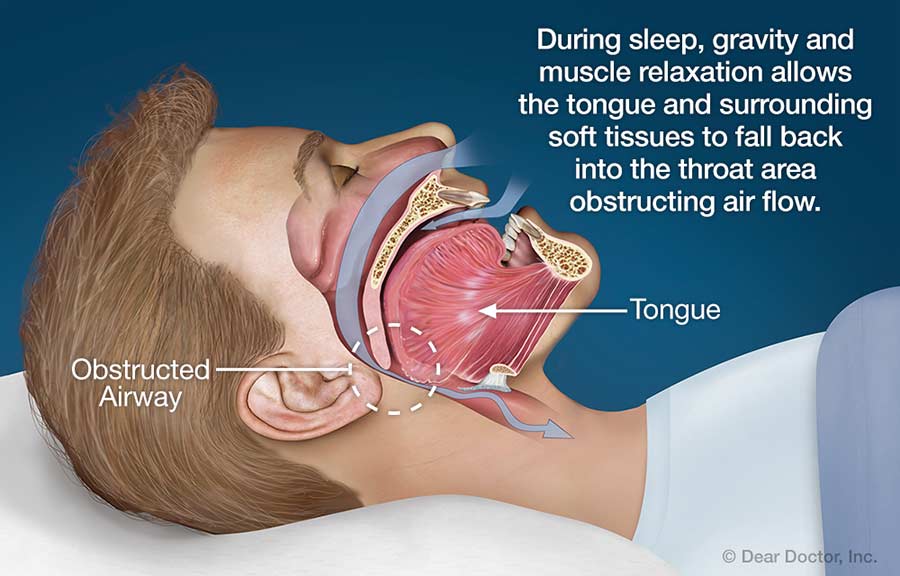If you're not a reader, hit on play👇👇 (Follow us on Spotify)
Have you ever wondered if snoring could be harmful to your health? It's a common occurrence that many of us have either experienced ourselves or heard from our loved ones. Let's delve into the world of snoring and find out if it's truly a cause for concern.
Snoring happens when the flow of air through our nose and mouth gets partially blocked during sleep. This blockage leads to the familiar vibrating sounds that can disrupt our peaceful slumber. While occasional snoring is usually harmless, persistent and loud snoring might indicate an underlying problem.
One common issue associated with chronic snoring is sleep apnea. This sleep disorder causes interrupted breathing throughout the night, leading to frequent awakenings, daytime fatigue, and potential long-term health complications. If you or your partner regularly snore loudly and experience gasping or choking sounds during sleep, it's important to consult a healthcare professional for a proper diagnosis.
Snoring doesn't just affect our sleep. It has also been linked to an increased risk of cardiovascular problems. The vibrations caused by snoring can inflame the lining of blood vessels, potentially contributing to conditions like high blood pressure, heart disease, and stroke. Additionally, snoring can lead to daytime sleepiness, difficulty concentrating, and a higher chance of accidents due to impaired cognitive function.
The impact of snoring extends beyond our health and can strain relationships too. Sleep disruptions caused by constant snoring can create tension and resentment between partners. Seeking solutions to address snoring not only benefits our health but also fosters a more peaceful sleep environment, allowing everyone to get better rest.
Thankfully, there are various remedies and lifestyle changes that can help alleviate snoring. Simple adjustments like sleeping on your side instead of your back, maintaining a healthy weight, exercising regularly, and using anti-snoring devices can make a difference. In severe cases, medical interventions such as continuous positive airway pressure (CPAP) machines may be recommended to improve breathing during sleep, especially for those with sleep apnea.
Understanding the significance of snoring can motivate us to take action. By proactively addressing snoring, we can unlock the potential for more restful nights, improved cardiovascular health, sharper cognitive function, and stronger bonds with our loved ones.
So, the next time you find yourself drifting off to the gentle sounds of snoring or notice your own nightly symphony, remember that there might be more to it than meets the eye. Embrace the journey towards quieter nights, better health, and the harmony of a peaceful sleep.





0 Comments